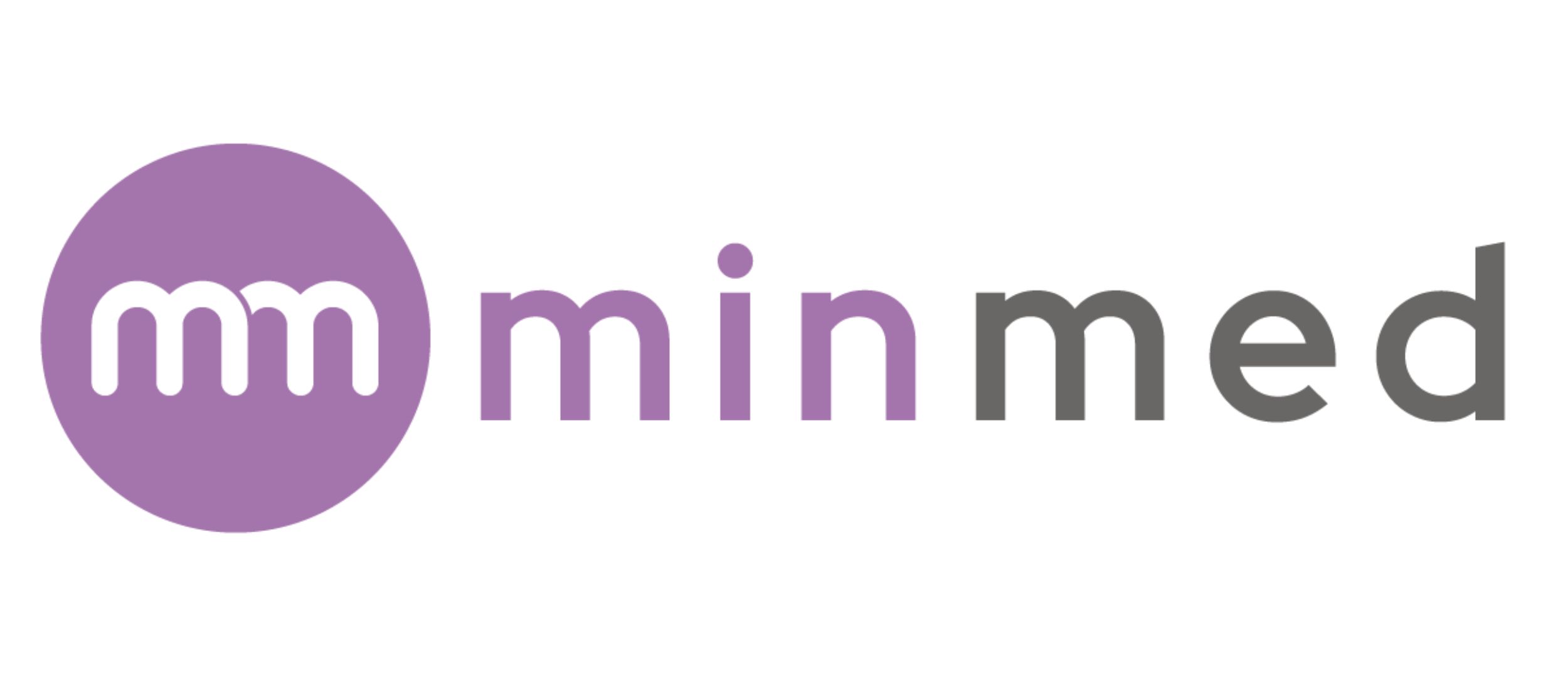At Minmed, we offer a variety of screening and diagnostic tests for COVID-19 to suit different needs. They are namely the PCR test, ART test and Serology test. Let us take a look at the different forms of COVID-19 tests available:
COVID-19 Polymerase Chain Reaction (PCR) Test
A PCR test involves taking a sample, and amplifying the genetic code of the target, in this case the COVID-19 virus, in order to detect its unique genetic code. Currently it is considered the “gold standard”, by which other tests are benchmarked.
The PCR test is commonly employed when patients have symptoms of an acute respiratory infection (ARI), as a confirmatory test when antigen rapid tests turn up positive, or as pre-departure requirements.
What is the PCR test process like?
For the COVID-19 PCR test, it involves taking a sample of secretions from mucosal surfaces, such as the back of the nose through nasopharyngeal (NP) swab; or the back of the throat and the middle turbinate through oropharyngeal-middle turbinate (OPMT) swab.
In an NP swab, the trained staff will insert a thin long swab stick through the nostril and to the back of the nose, the nasopharynx. The staff will gently rotate the swab stick and leave it for a few seconds to collect secretions. Using the same stick, the process is repeated via the other nostril. The swab stick is then placed in a specimen bottle and sent to the laboratory for testing.
In an OPMT swab, the staff will ask you to open your mouth wide and give a loud “AHHHHH”. This helps to lower the tongue, raise the uvula to give a better view of the throat, as well as reduce your gag reflex. The staff will collect the secretions from the back of the throat. Using the same swab stick, we will then collect secretions from the middle turbinate in your nose, about 2.5 cm from the opening of the nostril.
Pros and Cons of PCR?
The PCR test is considered the most accurate method, and the most sensitive. It has been shown to be able to detect the presence of the virus before symptoms even appear.
However, it is more expensive and the turnaround time to get the results is usually longer, taking about 24 hours as the specimens are sent to a laboratory for testing.
It can also continue to give a false positive result weeks after the patient is no longer infectious as the person continues to shed the virus from their mucosa.
COVID-19 Antigen Rapid Test (ART)
ART test is a faster test to detect viral proteins in the secretions of the person’s mucosal surface. It is a point of care test (POCT) done at events, and also used as part of the enhanced swab for patients with ARI symptoms.
What is the ART test process like?
A trained staff takes specimens from the anterior nasal space with a swab stick. It is a lot more comfortable than the PCR tests as the depth of insertion is only about 2 cm. Specimens are taken from both nostrils. After the swab, the staff will insert the stick into an extraction tube with a buffer solution and drip the specimen onto a test cassette. The cassette is incubated for 15 minutes before being read and made known to the client.
Pros and Cons of ART?
The ART is well suited as a POCT for pre-event testing (PET) due to its short turnaround time. Clients get their results within 30 minutes of being swabbed and can go about their business or to events with peace of mind.
The swab process is also less uncomfortable than the PCR test.
ART kits are also significantly cheaper than PCR tests.
ART does however have its limitations as it is a screening test. Any one tested positive will have to undergo a PCR confirmatory test. ART may also not be able to detect patients with low viral loads.
What happens if my Pre Event Testing ART is positive?
Minmed staff will contact you if you have a positive test and invite you back to the site for a confirmatory PCR swab test. This PCR swab test is covered by the government.
COVID-19 Serology (Blood) Test
Serology tests involve taking a blood sample to test for antibodies to the COVID-19 virus. While it is not employed as a diagnostic test to detect actively infective individuals, Serology tests are mainly used for :-
- Checking for evidence of previous infections (For contact tracing purposes)
- Pre Departure screening if required by destination country
What is the Serology test process like?
The Serology test can be done at any of our 8 locations islandwide. A trained phlebotomist will draw blood from your veins and send the sample off to the laboratory for testing.Results are usually back within 24 hours.
Limitations
Serology tests have a window period in which a person infected with COVID-19 will not be positive, as the antibodies will take time to produce.
At Minmed, we offer pre-event testing ART tests, as well as Pre Departure COVID-19 PCR swabs for business travel at any of our 8 clinics islandwide, all located near MRT.
Corporate arrangements and rates available, email ask@minmed.sg.
For more information about COVID-19 , please visit gov.sg at https://www.gov.sg/features/covid-19
Dr Jiayi Wong
M.B.B.S (Singapore) Bachelor of Medicine | Bachelor of Surgery
Started as a general practitioner in one of Minmed's clinic, Dr Wong is constantly looking for more challenges and ways to contribute as a medical professional.
Dr Wong now overlooks the medical protocols of the group while leading a team of doctors and nurses at Minmed's COVID-19 vaccination centres, mobile vaccination teams and COVID-19 testing operations.
A father of 3, his jovial nature never fails to cheer up those around him.



